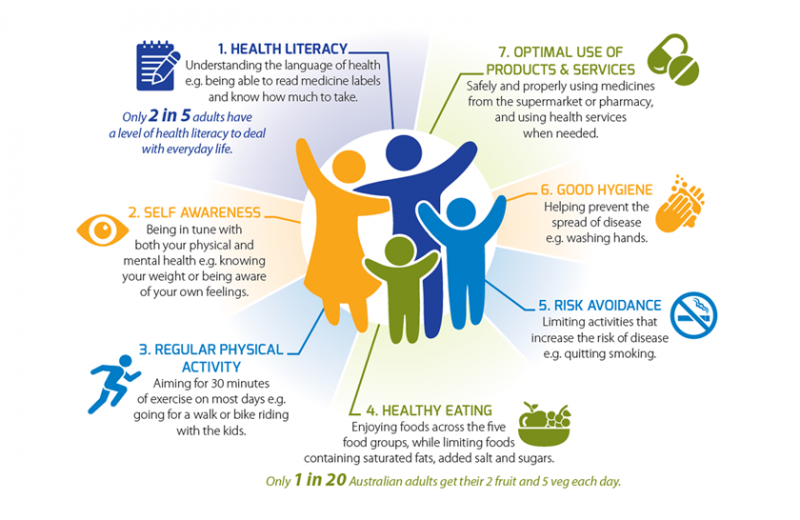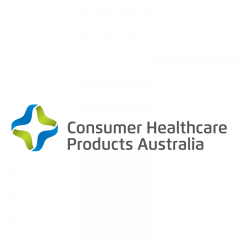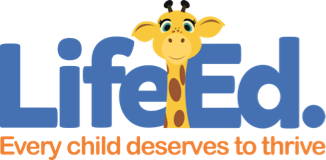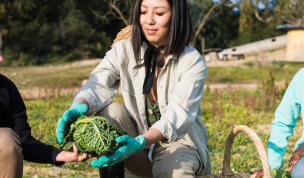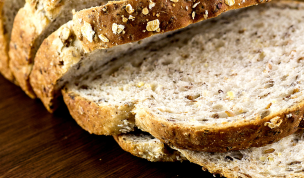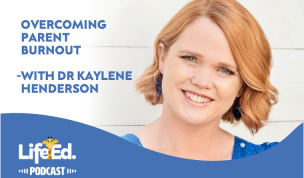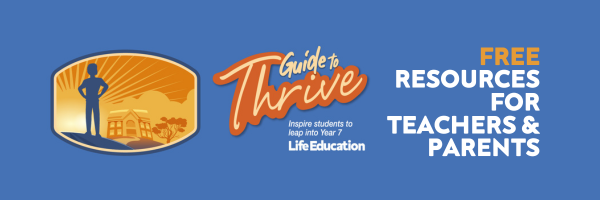What Is Self Care And Why Is It Important

Did you know one-third of all disease in Australia can be prevented? So, it’s important to understand the simple health steps (also known as 'self care') you can follow to take better care of you and your family’s health – and help prevent disease.
When people think ‘self care’ it’s often all about meditating or putting aside a bit of ‘me time.’ But according to Consumer Healthcare Products Australia, self care actually goes a lot further.
Good self care helps people, families and communities to stay healthy, prevent disease, and better deal with illness and ongoing chronic conditions. It’s also about knowing when and where to get help from a health care professional.
A healthy self care recipe for you and your family
There are seven priority areas of self care which can help you take charge of your health and the health of your family, avoid unnecessary health costs and ultimately reduce the strain on our healthcare system.
1. Health Literacy is understanding the language of health and being able to use this information to get healthy and stay healthy. This could be reading a nutrition label on food packaging to make healthier choices, or reading a medicine label to understand how much and how often to take it. Fact: only two in five adults have a level of health literacy that helps them to deal with the challenges of everyday life.
2. Self Awareness is about being in tune with both your physical and mental health. This helps you to understand how healthy you are and see areas where you can improve. This may include knowing important health information like your weight or blood pressure, and being able to sense when you feel unwell. It also means keeping in touch with your feelings, thoughts and emotions to help manage stress.
3. Regular physical activity can help improve both your physical and mental health, and protect against diseases such as obesity. Getting the whole family involved in a walk or bike ride can help you to keep active together, and reach the recommended 2.5 to 5 hours of physical activity per week for adults and 60 minutes per day for children.
4. Healthy eating helps you to get healthy and stay healthy while protecting against diseases such as diabetes. Only one in twenty Australian adults meet the recommended two serves of fruit and five serves of vegetables per day. It’s important you and your family enjoy a wide range of foods across the Five Food Groups, while limiting those containing saturated fats, added salt and sugars.
5. Risk avoidance means limiting activities that increase the risk of diseases such as drinking alcohol or smoking. Getting vaccinated and using sunscreens can also help protect you against health risks.s.
6. Good hygiene helps prevent the spread of disease. Washing hands regularly and brushing teeth (as shared in our preschool program) helps protect your own health and the health of others.
7. Optimal use of products and services means the safe and proper use of medicines from the supermarket or pharmacy, products or health services to maintain good health and treat minor conditions such as headaches, colds and mild fevers.
